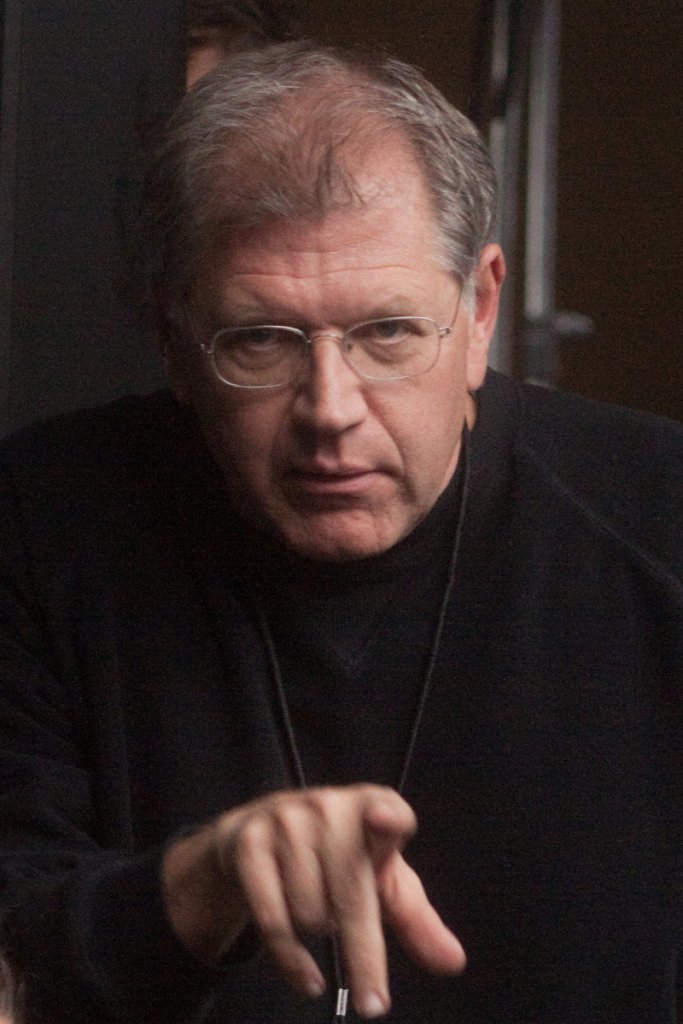“When are you going to make another real movie?” is the question that has been dogging Robert Zemeckis for more than a decade. Ever since he went down the animation rabbit hole to make 2004’s “The Polar Express” — the first film to use motion-capture technology, or mo-cap, in which real actors are filmed on bare sets and then transformed into cartoons Zemeckis seemed to lose interest in the live-action pictures that had earned him critical and commercial success (“Back to the Future,” “Forrest Gump,” “Cast Away,” “Contact”).
“The Polar Express” was a big hit, grossing more than $300 million worldwide (it was also the first film released in 3-D IMAX simultaneously with multiplexes). So for the next five years, Zemeckis devoted himself to the animation format, making “Beowulf” (2007) and Disney’s “A Christmas Carol” (2009). The speculation was that Zemeckis had lost interest in traditional filmmaking and would never make a “real” movie again, at least not one starring actors made of flesh and blood.
But the director shoots down that theory. The truth is actually much simpler.
“I only made those movies using (mo-cap) because they were projects that were interesting and naturally lended themselves to be digitally animated,” he says. “I just didn’t come across a script for a live-action film that really captured me until ‘Flight.”‘
The movie, now showing, begins with a terrifying plane crash that showcases Zemeckis’ talent for special-effects and making the impossible look real. But the rest of “Flight,” which is the director’s first R-rated film since 1980’s criminally underrated “Used Cars,” marks new territory for the filmmaker. It’s a character study of an airline pilot (played by Denzel Washington) who manages to save most of his passengers, but the ensuing investigation exposes his alcoholism and drug abuse and reveals he was drunk during the accident.
“The thing that’s interesting about substance abuse is that there are a lot of people who have occupations where they are responsible for the well-being of others,” he says. “We never tend to consider they may have personal problems — pilots, doctors, surgeons. You don’t want to go into heart surgery the day after your doctor had a horrible argument with his wife. But you never really know.
“With ‘Flight,’ I saw Denzel’s character as a man with a much deeper problem than substance abuse. His issues are magnified by drug and alcohol, but they are not caused by it. He uses them to get relief from his real dilemma, which is that he’s emotionally cut off from his fellow man. He doesn’t have any relationships other than with his drug pusher. That’s what I think sets ‘Flight’ apart from movies such as ‘The Lost Weekend’ or ‘Days of Wine and Roses.’ They are about the disease of alcoholism. ‘Flight’ could have been about any disorder — a gambling problem, a sexual addiction, anything.”
“Flight” is unusually dark and explicit for Zemeckis, whose body of work had previously been characterized by a gentler, family-friendly veneer. But the director says he didn’t think of those things when he signed on to make the film.
“I don’t have any predisposed interests,” he says. “My previous movies cover a wide range of stories and tones. I thought the screenplay for ‘Flight’ (written by John Gatins) was really bold and courageous. I loved the complexity of the entire piece. I wasn’t trying to make an R-rated movie.”
In an era where studios strongly encourage filmmakers to stay within the boundaries of a PG-13 rating to maximize box office potential, Zemeckis says he felt no pressure whatsoever to soften the edges of his movies.
“The trick is to keep your budget low,” he says. “You can’t make an R-rated adult drama for a lot of money, because the financiers won’t take the risk. But we made this movie for $30 million, and the studio says ‘OK, we can survive an R-rated movie for that price tag.’ (Distributor Paramount Pictures) loved this movie. They wanted to make this movie. They’re sad the marketplace has shifted to a point where we can’t make movies that are about anything anymore. But they never suggested we change a thing. They left us alone, and I’m really happy with what we delivered.”
Send questions/comments to the editors.


